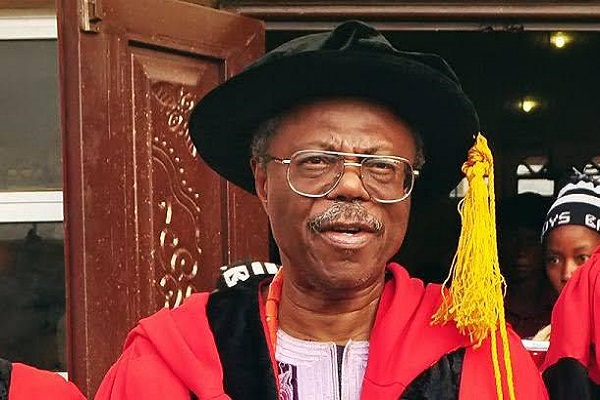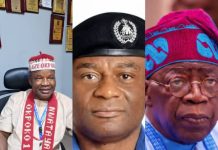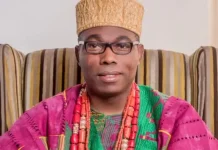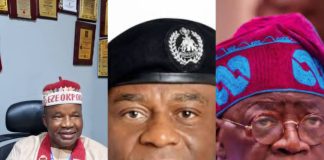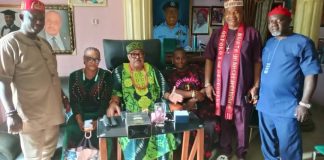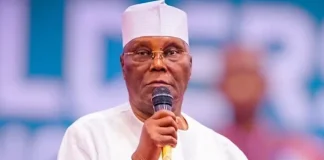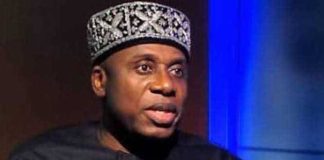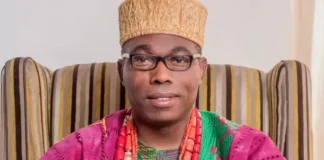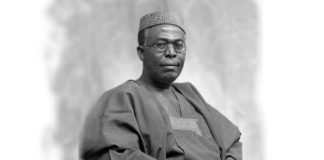🌿 Ruzu Non-Alcoholic Herbal Bitters
Ruzu Non-Alcoholic Herbal Bitters is a natural health supplement specially formulated to:
- ✅ Promote general wellness
- ✅ Detoxify the body
- ✅ Support the treatment of various ailments
Made from a powerful blend of 100% organic and medicinal herbs, Ruzu is completely alcohol-free, making it ideal for:
- 👪 All age groups
- 🌱 Health-conscious individuals
- 🌿 Anyone seeking non-alcoholic herbal remedies
Whether you're looking to boost your vitality, cleanse your system, or support healing the natural way, Ruzu Bitters offers a trusted herbal solution.
Toyin Falola, a history professor, has cautioned Nigerian politicians and other interested parties from utilizing religion as a tool to sow division and instability in the nation.
During his first speech at the Hassan Sunmonu Centre for Leadership and Governance, Falola—who is considered the most quoted African historian—issued this caution.
According to reports, the ceremony took place at Lagos’ Yaba College of Technology on Thursday.
Falola characterized religion as a two-edged sword during his talk on “Democracy and the Dynamics of Development in Africa.”
According to him, religion has the power to unite or divide societies.
According to him, religion in Nigeria has the power to either promote or thwart peace and support discriminatory policies.
He then took advantage of the occasion to urge Nigerian politicians and other interested parties to refrain from using religion as a means of fostering conflict and division.
While religion has the power to unite individuals, it can also drive society apart along sectarian lines, which is another reason why it can generate ambivalence.
Thus, the contradictions of development are reflected in the dynamics of religion in African democracies. But while religion can be used to promote civic culture and peace, it can also undermine democratic ideals by encouraging bigotry or defending authoritarianism.
In Nigeria, religion has the power to either promote harmony and so strengthen democracy or to erode harmony and legitimize discriminatory policies.
However, it can also inspire political engagement and a curiosity about public life, implying that religious involvement can be directed toward tolerance and civic education. The symbolic and spiritual aspects of authority must be acknowledged in any study of African democracy.

